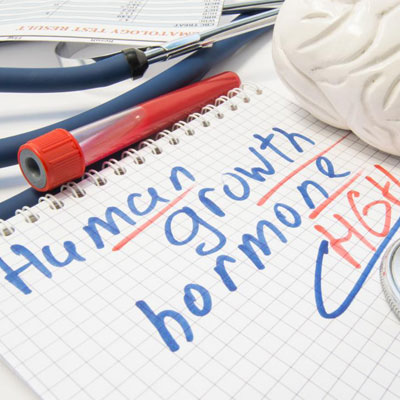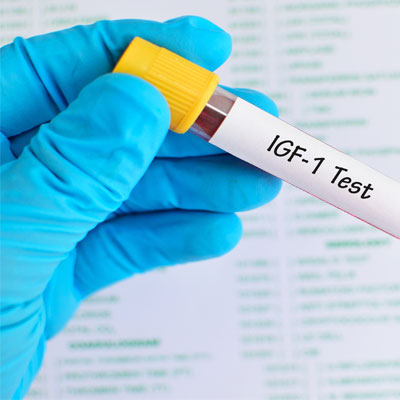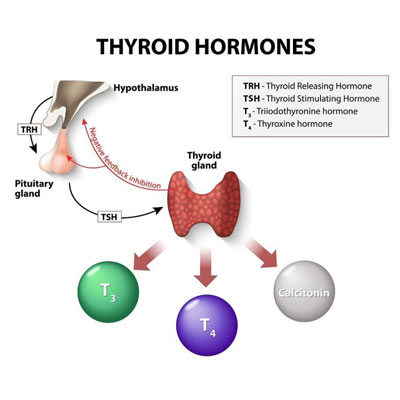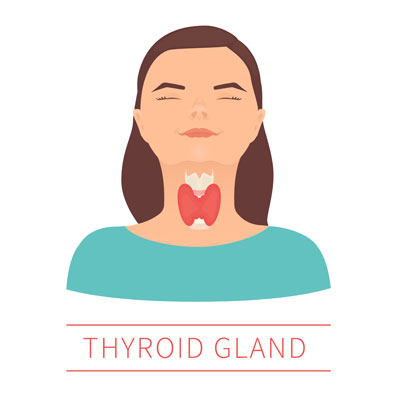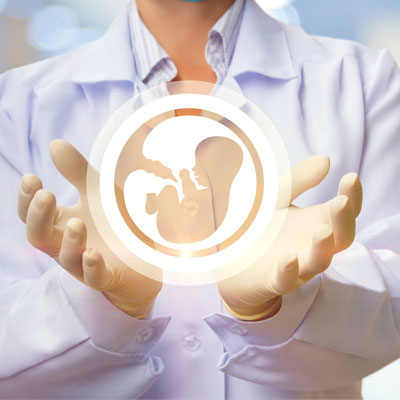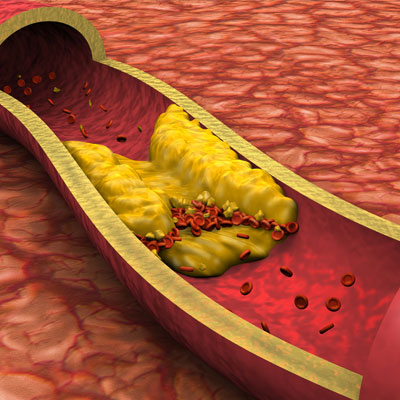Contents
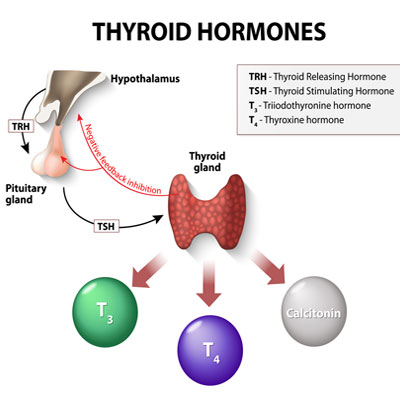
Human growth hormone deficiency can interfere with the conversion of thyroxine (T4) into triiodothyronine (T3). HGH depresses thyrotropin secretion, but it increases the conversion of thyroxine to triiodothyronine. Elevated estrogen levels, which also interfere with HGH production, inhibit T4 to T3. Birth control pills and Premarin (hormone replacement) increase fat retention which influences hormone levels.
Another aspect of the way that HGH affects thyroid is for adults with Trusted sourceHypothyroidismAmerican Thyroid AssocoationGo to sourceundiagnosed hypothyroidism . HGH deficiency sometimes masks a condition of mild central hypothyroidism that manifests once HGH therapy commences. Adults with growth hormone deficiency may also have elevated antithyroid autoantibodies that can further worsen thyroid function.
Both HGH and thyroid hormone influence burn turnover biomarkers. Growth hormone deficiency is a leading cause of concern for osteoporosis. Thyroid hormone is a direct stimulator of bone resorption and may impact bone calcium metabolism by acting directly on osteoclasts and osteoblasts. T3 regulates bone mineral density and bone turnover.
Growth hormone and T3 also exert effects on resting energy expenditure (REE). One study of HGH therapy demonstrated an increase in basal metabolic rate along with serum free T3 levels.
HGH deficiency may interfere with thyroid hormone conversion and can masck undiagnosed hypothyroidism.
What is the Relationship between HGH and the Thyroid Gland?
HGH deficiency is the most common form of pituitary insufficiency in adults with hypopituitarism.
Thyroid hormones exert effects on the anabolic and metabolic effects of HGH, increasing synthesis of growth hormone in the pituitary gland.
The thyroid gland plays an essential role in regulating metabolism. Its small, butterfly shape enables it to wrap around the windpipe below the area of the Adam’s apple. T3 and T4 hormones help get oxygen into every cell in the body.
Another HGH effect on thyroid action has to do with lipid metabolism. Adults with growth hormone deficiency tend to have elevated LDL and total cholesterol levels. Thyroid hormones have a regulatory role in some of the enzymes that transport and metabolize lipoprotein. It is thyroid hormone that stimulates the livers synthesis of cholesterol. Hypothyroidism decreases cholesterol synthesis but also enhances LDL receptor expression on hepatic cell surface and promotes plasma clearance of LDL cholesterol. Hypothyroidism results in an increase of serum LDL cholesterol levels. Just as HGH results in lower LDL and total cholesterol levels, so does replacement with thyroxine.
HGH exerts its effects on improving left ventricular mass and ejection fraction on the heart. Untreated growth hormone deficiency can lead to diastolic dysfunction and congestive cardiac failure. Thyroid hormone exerts direct and indirect influence on the cardiovascular system. T3 directly impacts vascular smooth muscle for vasodilatation and reducing peripheral arterial vascular resistance. Thyroid hormone is essential for the stimulation of erythropoietin production which aids in red blood cell production. Growth hormone, along with insulin growth factor 1, influences cellular regeneration. HGH also stimulates testosterone secretion which promotes red blood cell production via erythropoietin.
Thyroid hormones influence the anabolic and metabolic effects of HGH and they are all involved in regulating metabolism.
HGH Effect on Thyroid Hormone Production
HGH may affect the interconversion in peripheral tissues of thyroid hormones. At this time, this is only a hypothesis as some studies have shown an increase in serum T3 levels and a decline in reverse T3 along with a drop in T4 levels.
Human growth hormone therapy is beneficial for many people with low HGH levels. Because HGH exerts influence on metabolism, including protein synthesis, HGH deficiency often leads to weight gain. Carrying excess fat impacts many hormone levels, including thyroid hormones. Upon receipt of HGH therapy, a person typically sees an improvement in metabolic functions that lead to the burning of stored fat. Additionally, HGH supports an increase in lean body mass (muscle).
The HGH effect on thyroid hormone levels is often seen in T4 during the first six months of treatment. That is when the largest (although small) decrease of free thyroxine occurs. It is crucial to monitor T4 levels when a patient is also diagnosed with hypothyroidism in addition to HGH deficiency. Supplemental thyroxine treatment may be necessary for some patients with hypothyroidism.
It is essential to look at the whole picture when discussing hormonal imbalance. Rare is it that only one hormone level is off. Because many hormones are connected to or influence one another, it is crucial to consider all hormone levels when initiating treatment.
Any person with a known thyroid condition should consult with their doctor regarding HGH therapy. Patients with growth hormone deficiency or hypothyroidism often describe an impaired quality of life. Treatment of hormonal imbalance should be directed by an experienced hormone specialist. Please contact our hormone clinic for a free consultation.
Monitoring of thyroid hormone levels is essential during HGH therapy.
- A W Root, D Shulman, J Root, F Diamond
- J O Jørgensen, J Møller, N E Skakkebaek, J Weeke, J S Christiansen
- P Laurberg, P E Jakobsen, H C Hoeck, P Vestergaard
- Angela M. Leung, Gregory A. Brent
- David T. Wyatt, Neil Gesundheit, Barry Sherman
- Silvia Porretti, Claudia Giavoli, Cristina Ronchi, Gaetano Lombardi, Marco Zaccaria, Domenico Valle, Maura Arosio, Paolo Beck-Peccoz
The interrelationships of thyroid and growth hormones: effect of growth hormone releasing hormone in hypo- and hyperthyroid male rats
Thyroid function during growth hormone therapy
Growth hormone and thyroid function: is secondary thyroid failure underdiagnosed in growth hormone deficient patients?
The Influence of Thyroid Hormone on Growth Hormone Secretion and Action
Changes in Thyroid Hormone Levels during Growth Hormone Therapy in Initially Euthyroid Patients: Lack of Need for Thyroxine Supplementation
Recombinant Human GH Replacement Therapy and Thyroid Function in a Large Group of Adult GH-Deficient Patients: When Does L-T4 Therapy Become Mandatory?

